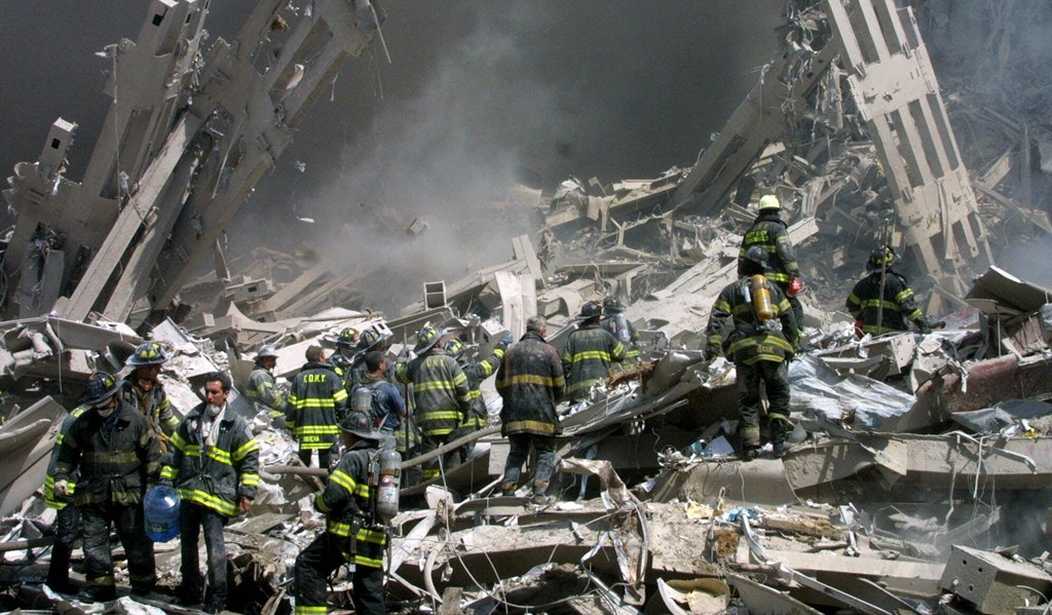The September 11th Victim Compensation Fund, which provides ongoing financial support for those who fell ill due to the 2001 terrorist attacks, is running out of money, officials said on Friday. As of now, the fund has paid out $5 billion in benefits out of its $7.3 billion budget.
According to the Associated Press, around 40,000 people have applied for financial assistance, with 19,000 of those claims still pending. The fund's special master Rupa Bhattacharyya said they're having to cut the amount a claimant receives to make sure there's at least some assistance for every one who should be supported.
“I could not abide a plan that would at the end of the day leave some claimants uncompensated,” Bhattacharyya said, saying she didn't want any claimants to walk away without any assistance.
Because fund organizers knew they're on the verge of running out of funds, they established a new practice: the fund would pay 50 percent of qualified claims submitted by Feb. 1. Qualified claims received after Feb. 1 would be paid at 30 percent of their value.
When members of Congress heard about the lack of funding, Reps. Jerry Nadler (D-NY), Carolyn Maloney (D-Y) and Peter King (R-NY) pledged to introduce a bill to permanently provide funds for victims.
“This is devastating news to the thousands of sick and injured 9/11 responders and survivors who were promised, and have been counting on, being fully compensated for the losses they have suffered,” the group of legislators said in a statement. “Our bill would restore any cuts to awards, ensure that future eligible recipients are fully compensated, and make the VCF program permanent."
Recommended
Senate Minority Leader Chuck Schumer (D-NY) supported the efforts.
“For too many, ailments and disease from exposure to that toxic airborne brew have taken years to show up and - as the need for the fund grows - the chance it may not have adequate resources to take care of our heroes is just unacceptable,” Schumer said in a statement.
Part of the reason so many claimants have come forward is because of the number of first responders who worked in soot without proper respiratory protection. Many of those who developed respiratory or digestive-system ailments did so almost immediately. Other issues, like brain cancers and non-Hodgkin’s lymphoma, take longer to develop.
According to Bhattacharyya, the volume of claims has increased over the past year, with more than 8,000 claims filed in the last four months. Some of those claimants are people who lived or worked near the World Trade Center but weren't actively involved in recovery efforts.
























Join the conversation as a VIP Member